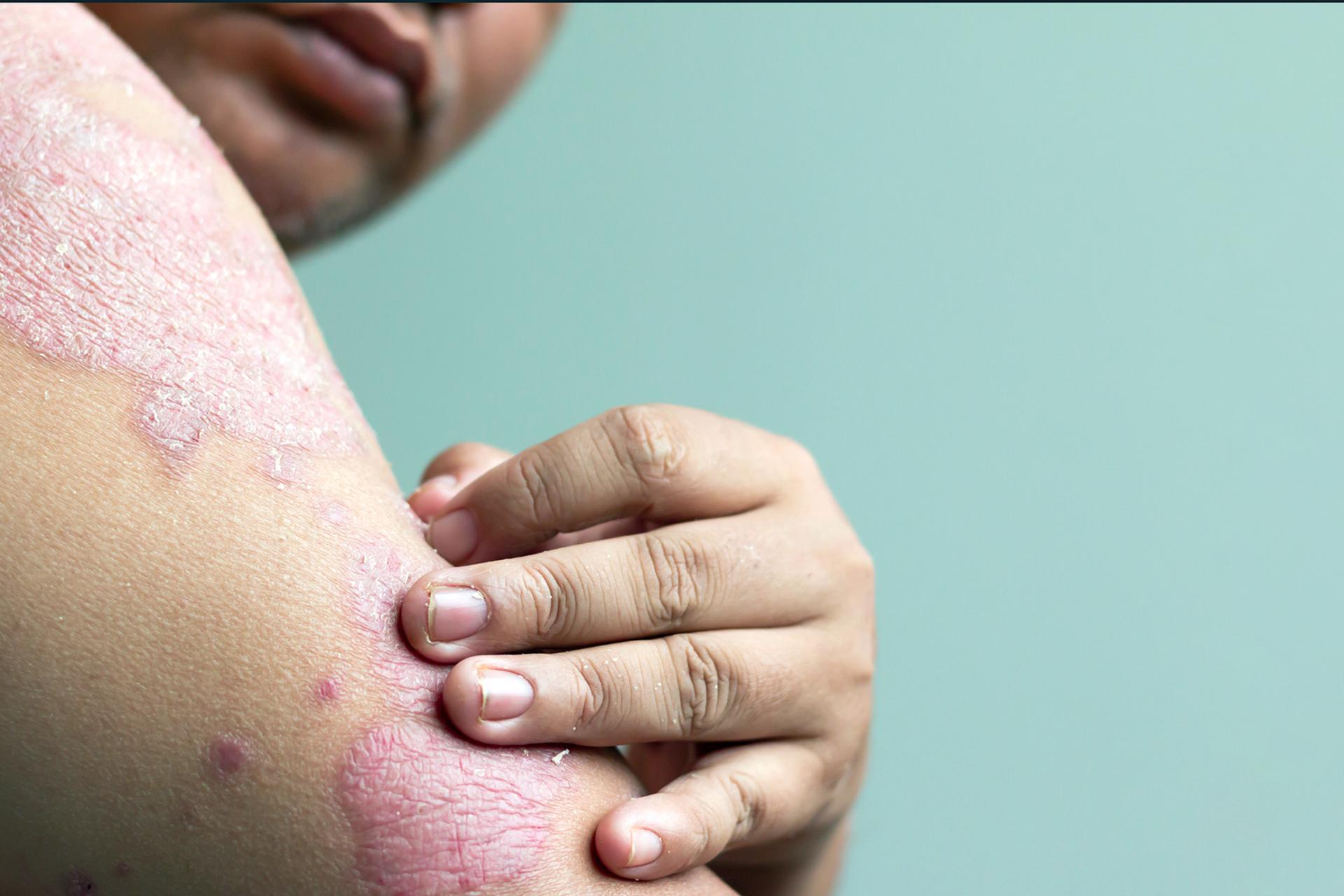| IN A NUTSHELL |
|
Recent advancements in the treatment of psoriasis offer new hope for those suffering from this chronic inflammatory skin condition. Psoriasis, characterized by thick, scaly, red patches that are often itchy and painful, can be particularly challenging to treat when it affects both the body and the scalp. Traditional treatments often require separate prescriptions due to the presence of hair on the scalp. However, a new clinical trial indicates that a steroid-free topical foam, known as roflumilast, might provide a unified solution. This development could be a significant breakthrough for individuals dealing with this complex condition.
Understanding Psoriasis and Its Challenges
Psoriasis is a chronic condition that affects millions worldwide. It is driven by an overactive immune system, leading to the rapid buildup of skin cells and the formation of characteristic plaques. These plaques can appear anywhere on the body, including the scalp, causing immense discomfort and emotional distress. For years, treatments have been bifurcated: one for the body and another for the scalp. This separation stems from the difficulty of applying many body treatments effectively on the scalp due to the presence of hair.
The introduction of roflumilast foam represents a potential paradigm shift. Unlike traditional treatments, this foam is steroid-free, minimizing the risk of long-term side effects often associated with steroid use. This is particularly crucial for individuals requiring prolonged treatment. The foam’s ability to reduce inflammation by targeting the phosphodiesterase 4 (PDE4) enzyme offers a tailored approach to controlling the inflammatory processes at the heart of psoriasis.

The Promise of Roflumilast Foam
Roflumilast foam, marketed as Zoryve, was the focus of a recent Phase 3 clinical trial that sought to assess its efficacy in treating both scalp and body psoriasis. The trial involved 432 patients, aged 12 and older, with psoriasis affecting both regions. Participants were divided into two groups: one using roflumilast foam and the other using a non-active vehicle foam. Key metrics evaluated were the Scalp-Investigator Global Assessment (S-IGA) and Body-IGA (B-IGA) scores, crucial in determining the severity of the condition.
The results were promising. By week eight, 66.4% of those using roflumilast achieved success in S-IGA scores compared to 27.8% in the vehicle group. Similarly, 45.5% achieved success in B-IGA scores versus 20.1% with the vehicle. Moreover, significant improvements in itching were noted as early as 24 hours after the first treatment. The trial underscored the potential of roflumilast foam to offer a comprehensive treatment option for psoriasis sufferers.

Clinical Trial Insights and Outcomes
The trial’s findings highlight the effectiveness of roflumilast foam in managing psoriasis symptoms. The foam’s ability to deliver relief from itching and reduce the severity of plaques was particularly noteworthy. The trial also reported low rates of adverse events, which included headaches (4.6%), diarrhea (3.2%), and nausea (2.1%). These side effects were treatment-emergent rather than treatment-related, suggesting a favorable safety profile for the foam.
This trial is a testament to the ongoing innovation in dermatological treatments. While the trial’s duration was limited to eight weeks, the significant improvements observed suggest that roflumilast foam could serve as an effective long-term therapy. The study’s publication in JAMA Dermatology adds a layer of credibility, reinforcing the potential of this new treatment avenue for psoriasis sufferers.

Looking Ahead: Future Implications
Despite the promising outcomes, the trial’s eight-week timeframe means further research is needed to fully understand the long-term benefits and risks of roflumilast foam. Patients with psoriasis affecting both the scalp and body are encouraged to consult their healthcare providers to explore the possibility of using this treatment off-label. Continued research and patient feedback will be vital in shaping the future use of roflumilast foam in dermatology.
The success of this trial poses an important question for the medical community: How might further advancements in steroid-free treatments alter the landscape for managing chronic inflammatory conditions like psoriasis? As research progresses, the hope is that more effective, safer options will become available, improving the quality of life for patients worldwide.
Did you like it? 4.4/5 (25)






Wow, this foam sounds amazing! Can’t wait to try it. 🧴✨